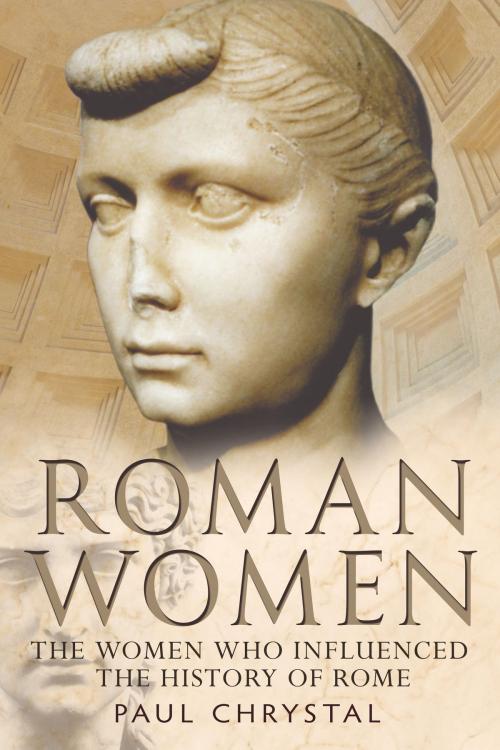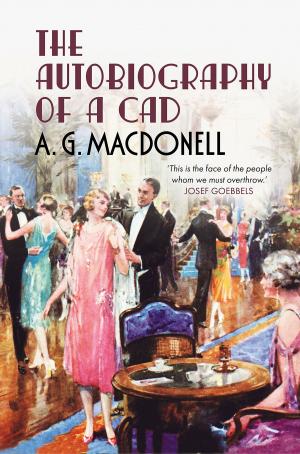Roman Women
The Women who influenced the History of Rome
Nonfiction, History, Ancient History, Rome, Social & Cultural Studies, Social Science, Gender Studies, Feminism & Feminist Theory, Women&| Author: | Paul Chrystal | ISBN: | 1230001928853 |
| Publisher: | Fonthill Media | Publication: | September 23, 2017 |
| Imprint: | Language: | English |
| Author: | Paul Chrystal |
| ISBN: | 1230001928853 |
| Publisher: | Fonthill Media |
| Publication: | September 23, 2017 |
| Imprint: | |
| Language: | English |
Using historical sources ( Livy, Suetonius, et al) as well as numismatic and sculptural evidence, Roman Women details the lives of Rome’s most influential women to examine, uniquely, what effect they had on contemporary politics, and or how far they and their reputations and actions reflected and affected women generally in Roman society.
No existing book provides biographies of these extraordinary women and then examines the contemporary and later socio-political effects they had. Existing titles look at the bad women – notably the wives and mothers of emperors; Roman Women does that but also, uniquely, examines the good women too: the icons and the role models. No other book puts all if this in a socio-political context to form valuable conclusions about the effect these women had on Roman politics and society down the years.
Good women such as Lucretia and Cornelia and the loyal wives described by Tacitus and Pliny are covered as are less virtuous but sophisticated and permissive women such as Clodia, Sempronia, Cynthia and Delia. The bad but politically significant are represented by Fulvia and Cleopatra (not a Roman but embroiled in things Roman) and many of the wives and daughter of the Emperors.
Using historical sources ( Livy, Suetonius, et al) as well as numismatic and sculptural evidence, Roman Women details the lives of Rome’s most influential women to examine, uniquely, what effect they had on contemporary politics, and or how far they and their reputations and actions reflected and affected women generally in Roman society.
No existing book provides biographies of these extraordinary women and then examines the contemporary and later socio-political effects they had. Existing titles look at the bad women – notably the wives and mothers of emperors; Roman Women does that but also, uniquely, examines the good women too: the icons and the role models. No other book puts all if this in a socio-political context to form valuable conclusions about the effect these women had on Roman politics and society down the years.
Good women such as Lucretia and Cornelia and the loyal wives described by Tacitus and Pliny are covered as are less virtuous but sophisticated and permissive women such as Clodia, Sempronia, Cynthia and Delia. The bad but politically significant are represented by Fulvia and Cleopatra (not a Roman but embroiled in things Roman) and many of the wives and daughter of the Emperors.















